Silnější než strach (1979)
Жанр : драма
Время выполнения : 0М
Директор : Vladimír Čech
Писатель : Vladimír Körner, Petr Markov, Miroslav Vaic
Краткое содержание
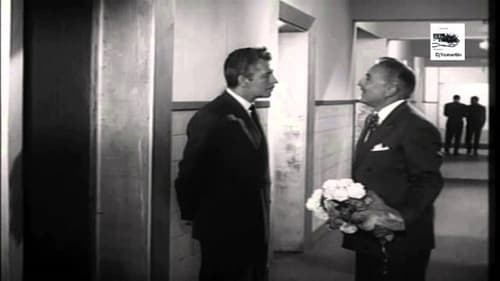
This film tells several short stories that end up lapsing in the emergency room of a hospital, because it is dedicated to nurses. Cantinflas appears at the end of the film playing the role of Luis, a man who has five daughters and looks forward to a boy, but fate plays a trick and the child dies at birth, but history gives a nice twist and a message of hope.
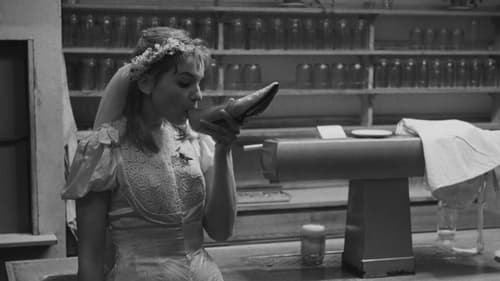
Картина является сборником из 5 новелл, поставленных каждым из режиссеров по мотивам сюрреалистических произведений чешского писателя Богумила Грабала: «Смерть пана Балтазара», «Мошенники», «Дом радости», «Автоматический свет», «Романс».
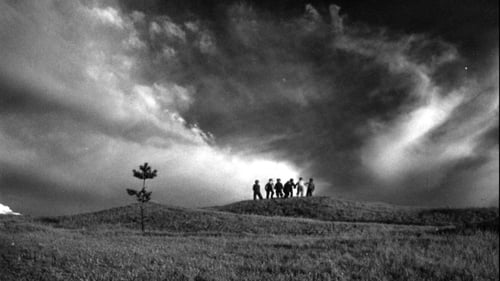
A poignant overview of how short life can be, this interesting drama from Czech director Vojetch Jasny is divided into four separate segments. In the first skit, a young child's impressions are observed as his newborn baby sister becomes a part of the family. In the second, a young woman falls in love for the first time one summer, and in the third, a tough, older peasant woman battles against the farming cooperatives. Finally, in the last segment, everything comes full circle as a woman who is about to become a grandmother dies while her daughter-in-law has not yet given birth.

Set along the southern coast of Vietnam during the French occupation in the 1940s, water is everywhere, giving life and bringing decay and rot. Kim is 15; his father and step-mother have two buffalo, their lifeline as subsistence rice farmers. During the rainy season, there's no grass and the buffalo are starving. Kim volunteers to take the beasts inland to find food. On this coming-of-age journey, Kim sees men mistreat women, men fight with men, and French taxes rob the poor. He works for Lap, a buffalo herder whose past is entangled with Kim's parents, and he makes friends who will lead him to his place in the world.

An apocalyptic story of three wars in three film tales encompassing the end of the WWI,WWII, as well as a vision of the world destroyed by nuclear weapons. This film was honored at the film festivals in Venice and Sorrento. Immediately after that the copy with Italian subtitles was locked in a safe as evidence of the anti-communist activities of the director, who used real footage of the Soviet invasion.

По-разному складываются судьбы героев в Праге 1945 года. Один грустит о мирной довоенной жизни. Другой встретил свою любовь. Кто-то пересел из танка в милый сердцу городской трамвайчик… А кому-то судьба уготовила навсегда остаться в земле на чужбине, отдав свою жизнь за жизни других.

Five directors tackle five short stories playfully tied together in one dark, twisted, humorous film about what goes on behind the door of room 316.

This three-part Austrian/Czech comedy stretches the boundaries of what is considered to be humorous. Part one finds a silent film actor upset because of a rival actor's attention to the former's wife. When he kills his rival, it is only when he is strapped to the electric chair that he realizes that this is his last live scene. The second episode has the wife of an elderly British nobleman having an affair with the young gamekeeper of their estate. Part three finds a peasant woman taking a lover when her husband goes off to fight the war.

"Using the same, three times repeating dialogue – dramatic conversation between man and woman – Jerzy Skolimowski from Poland, Slovak director Peter Solan and Czech director Zbynìk Brynych shot three different stories. The result was an extraordinary experiment in the world cinema, which we can call an insight in the relationships of men and women of different age groups, an analysis of love and marriage of those who are at the beginning, in the middle or going towards the end of their life."

Четыре коротких рассказа великого чешского сатирика Ярослава Гашека. «Суп для бедных детей» рассказывает о том, как сам принц Роберт готовил суп для бедных детей, «Заседание муниципального совета в Медловарах» - это история участка муниципального полицейского, «Страдания пана Тенкрата» показывает, как странные события приводят к браку и продвижению по службе, «Бунт арестанта Шейбы» описывает победоносную борьбу осужденного Шейбы за клецки для служителей мессы.

Город грехов - это адская бездна преступлений. Один из его жителей пытается найти убийцу своей невесты. Другой, фотограф, случайно убивает полицейского и старается скрыть свое преступление. Спуститесь по глухому переулку города, и вы найдете кое-что еще. В Городе грехов полиция коррумпирована и улицы смертельно опасны…
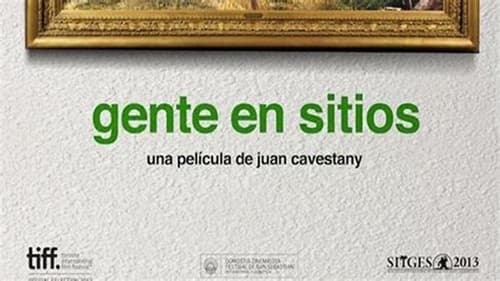
A fragmented view of contemporary Spain, drawing conclusions about the persistence of the human condition, strangeness, and the chaos within relationships.

This three-part ballad, which often uses music to stand in for dialogue, remains the most perfect embodiment of Nemec’s vision of a film world independent of reality. Mounting a defense of timid, inhibited, clumsy, and unsuccessful individuals, the three protagonists are a complete antithesis of the industrious heroes of socialist aesthetics. Martyrs of Love cemented Nemec’s reputation as the kind of unrestrained nonconformist the Communist establishment considered the most dangerous to their ideology.
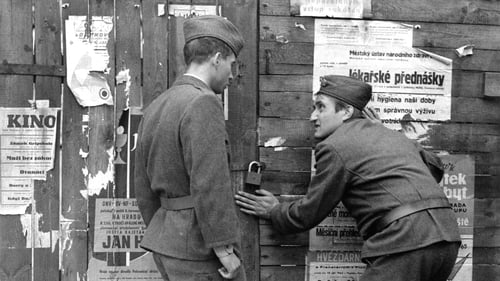
Jurácek's feature debut is shot in two parts. In the first, a corporal accompanies a new recruit with a sore Achilles tendon for his physical, and all the girls or young women they see are played by the same actress (Ruzickova). In the longer second segment, shot with the help of the Czechoslovakia army, the soldiers pass the time during basic training and maneuvers by talking about girls.
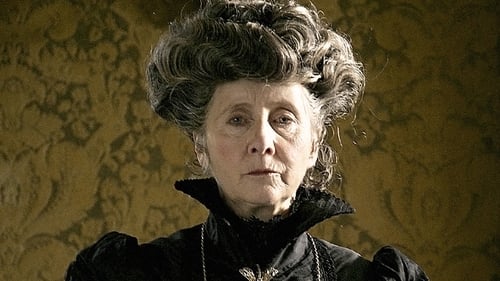
On a train journey, Saki meets Mrs De Ropp, an oppressive aunt and guardian to an unruly brood. Inspired by the meeting, he imagines a tale of repressed children who find solace in their childish wonder, and are saved by their imagination.

Two closely related episodes. Youths make problems for two local orchestras about to compete nationally, and in a talent competition a young girl gets stage fright, while another lies to her boss to compete.

Фильм, состоящий из 7 баллад-сказок по мотивам чешского фольклора. Все они о любви и страсти, которые не подвластны времени. Невесты и жены встречаются с водяными духами, князьями, колдуньями.

In this antological film, four fairy tales from the book by Jan Werich, each one by a different director.
Břetislav Pojar directs the story of Thumbelina, Aurel Klimt "The Hunchbacks of Damascus", Vlasta Pospíšilová "Three Sisters and a Ring" and Jan Balej close the film with "The Sea, Uncle, Why is it Salty?".

Movie narrates the story of Kuttiyappan and his wild fantasies..

















